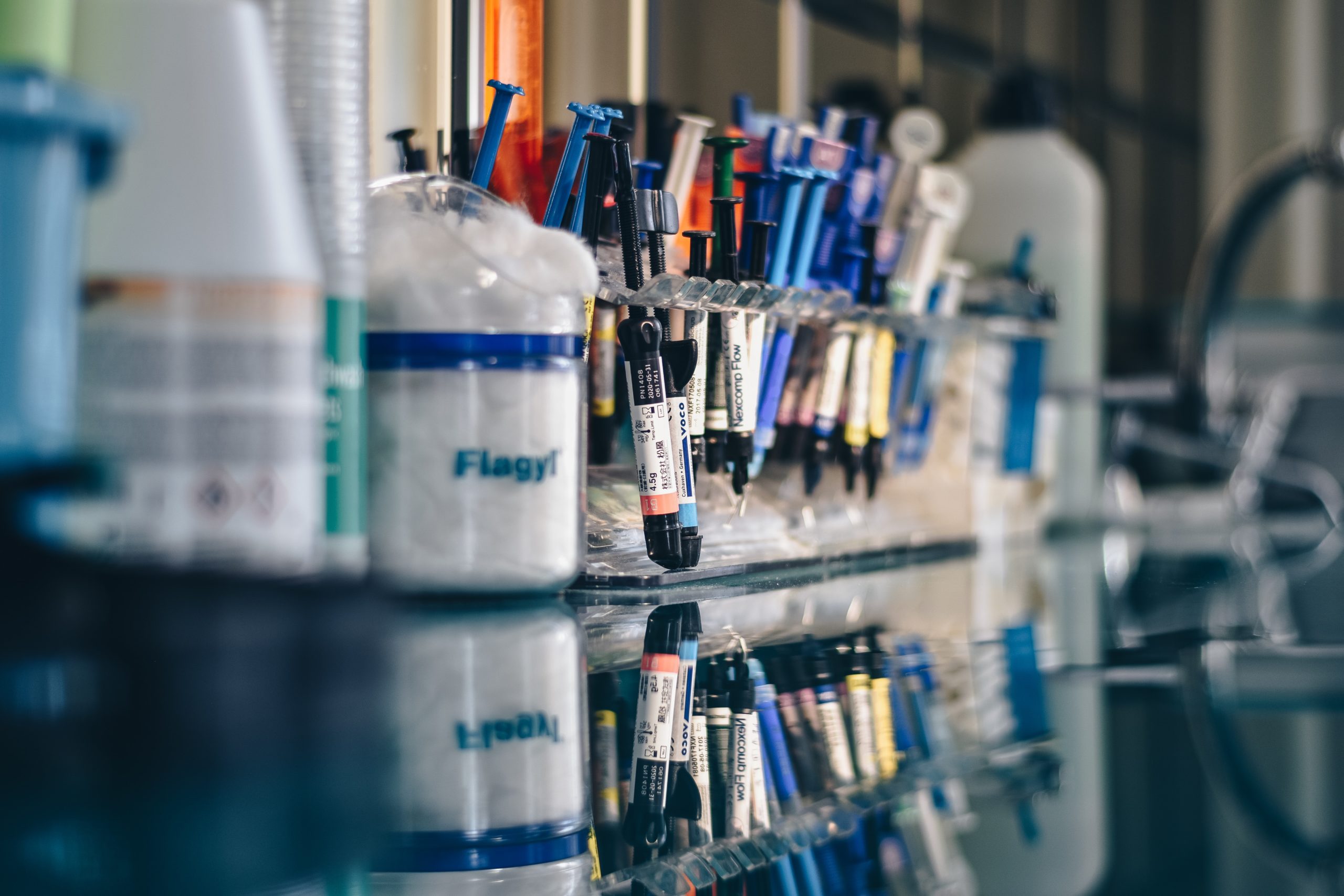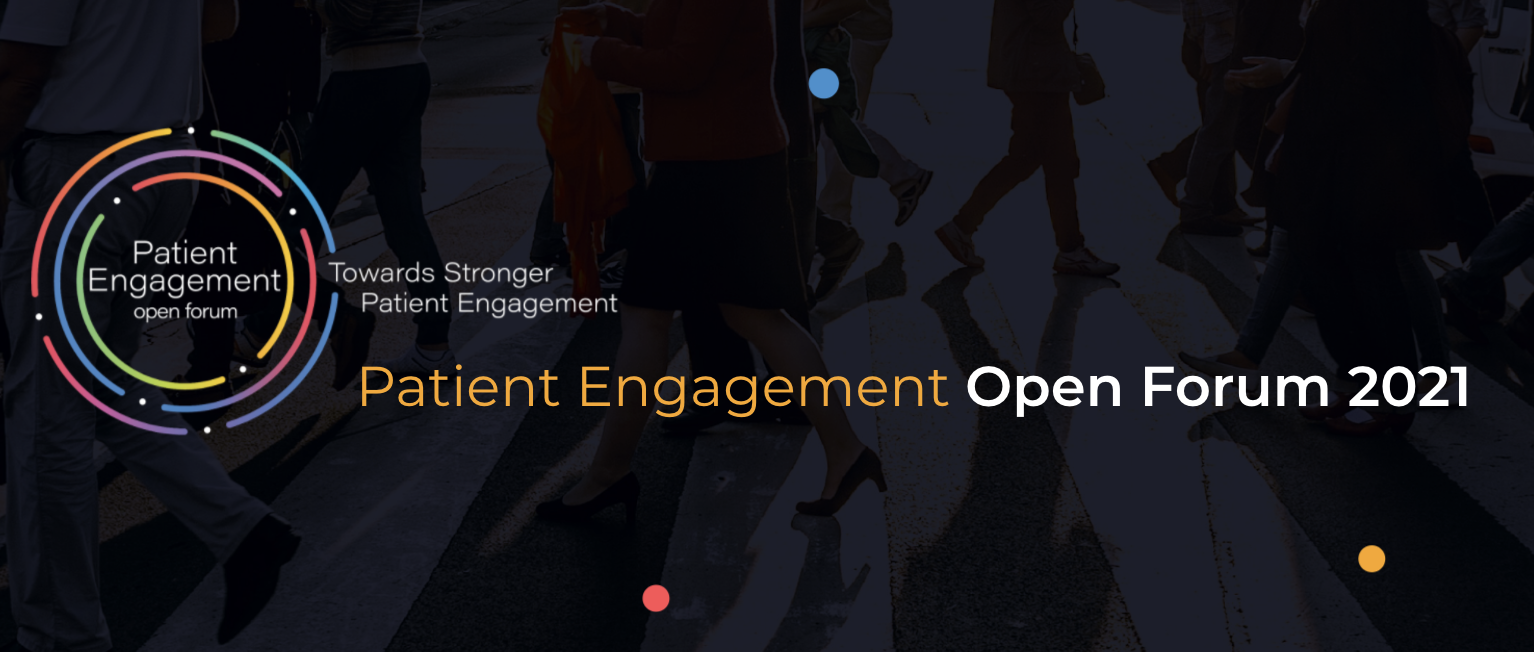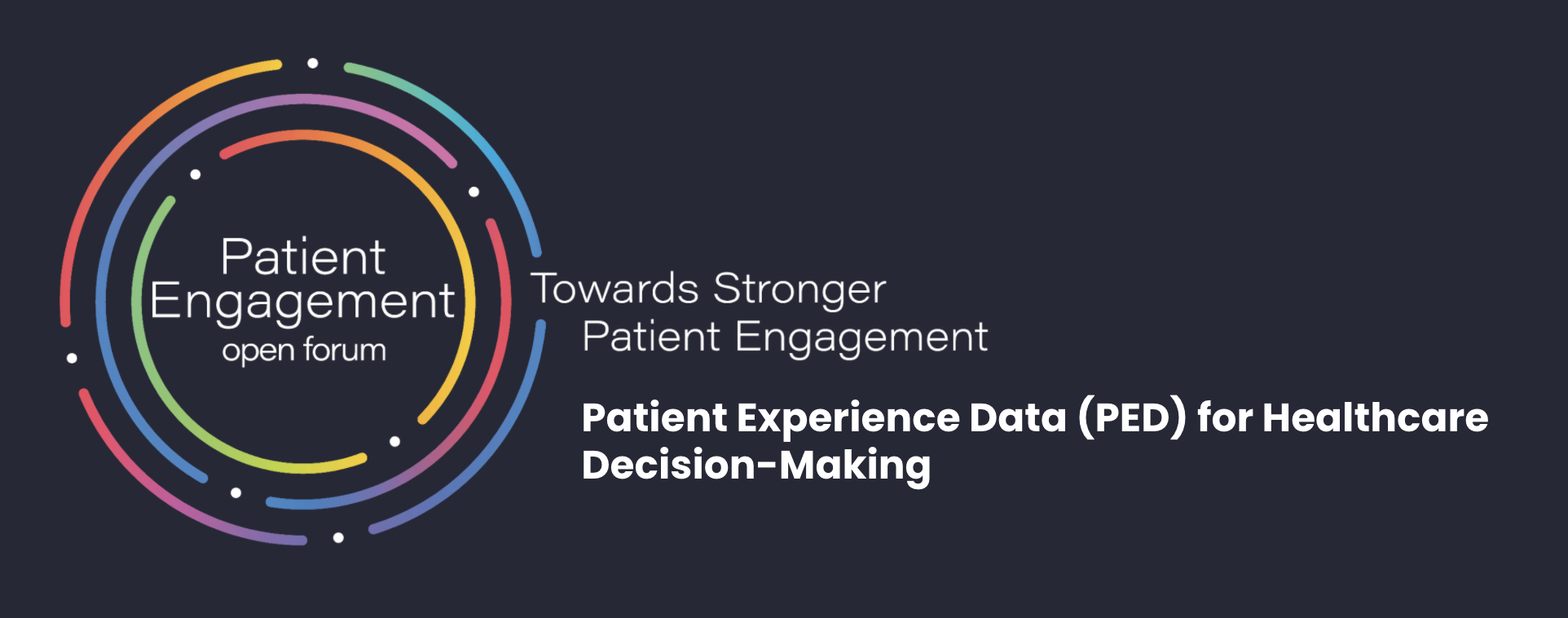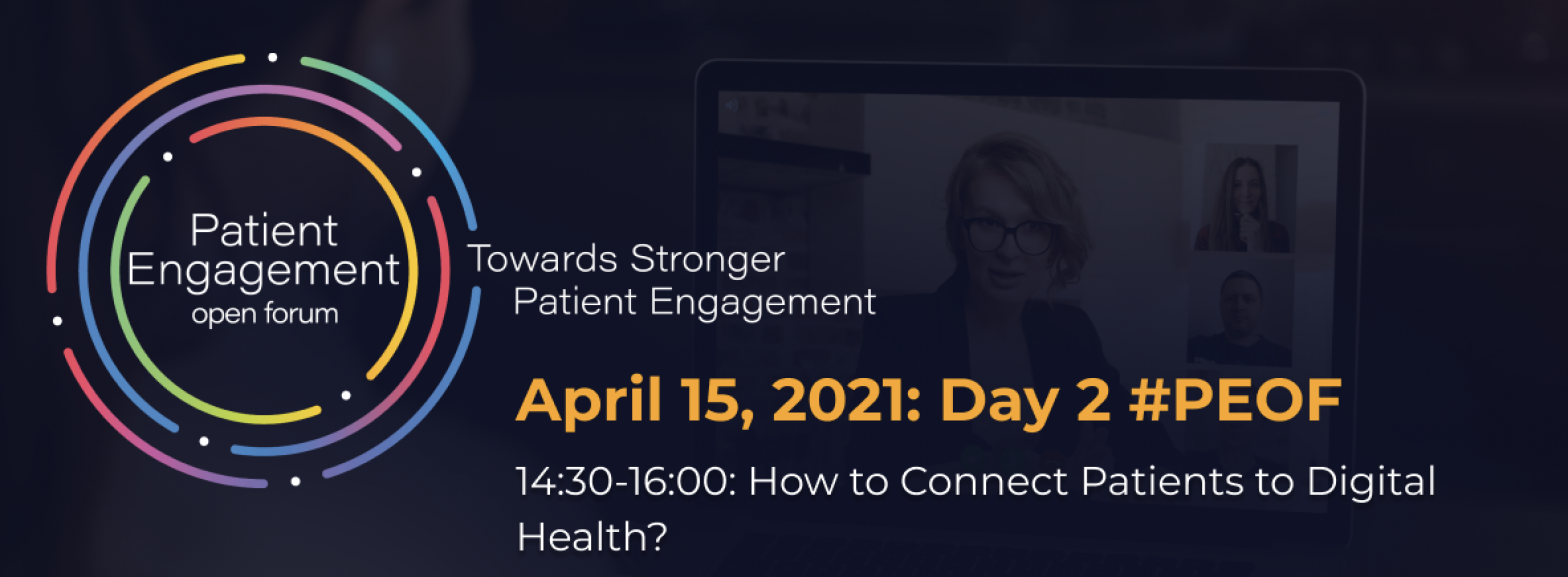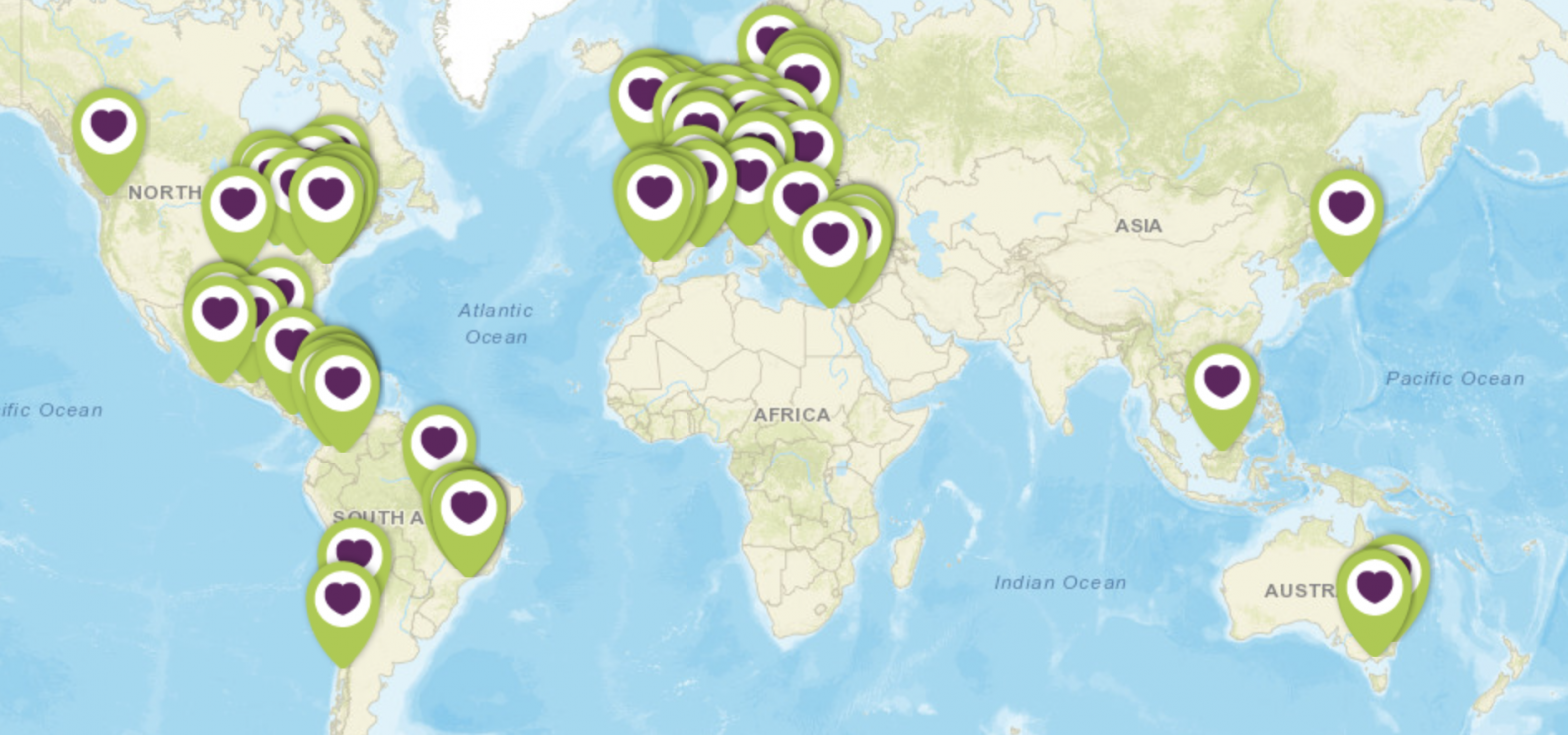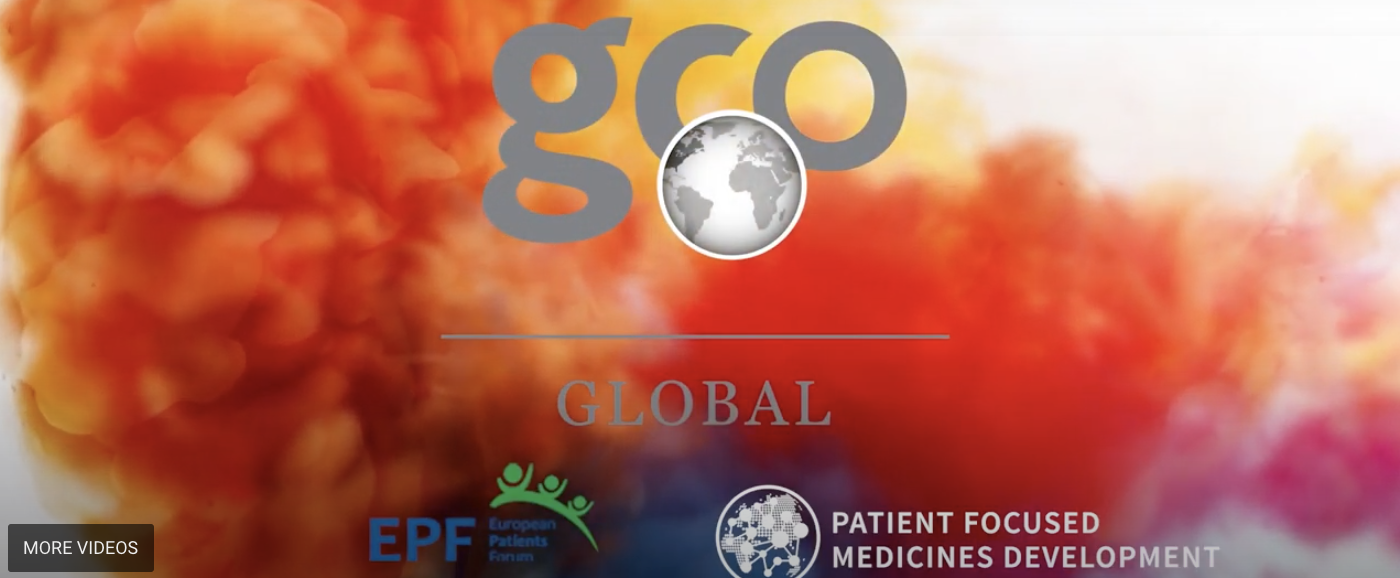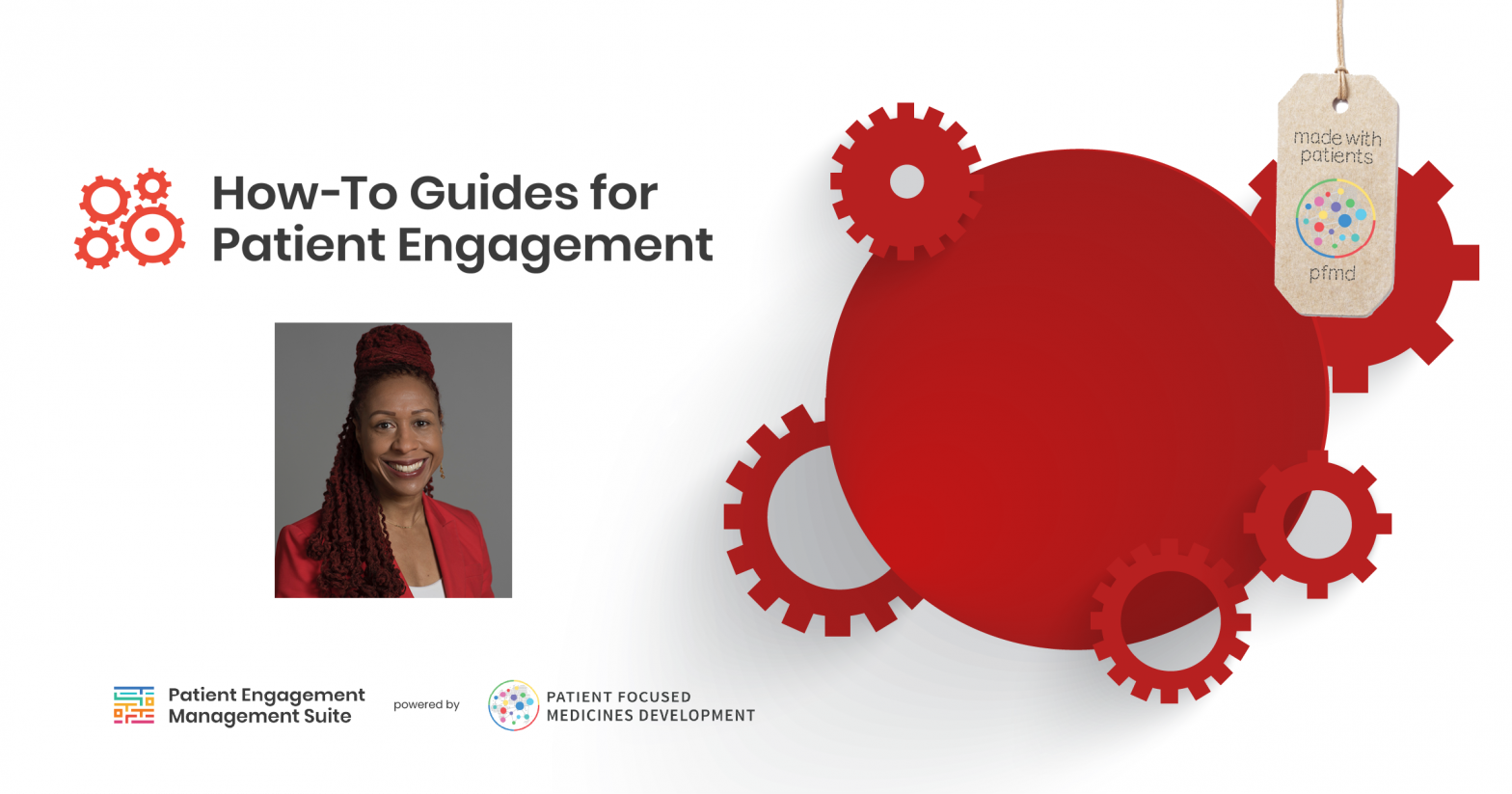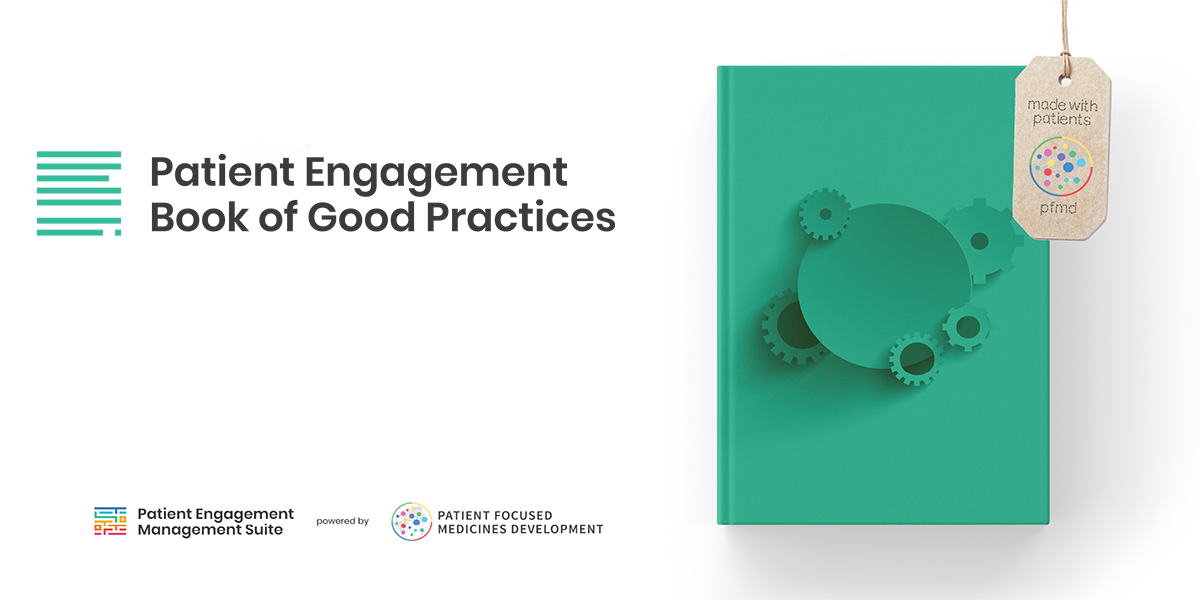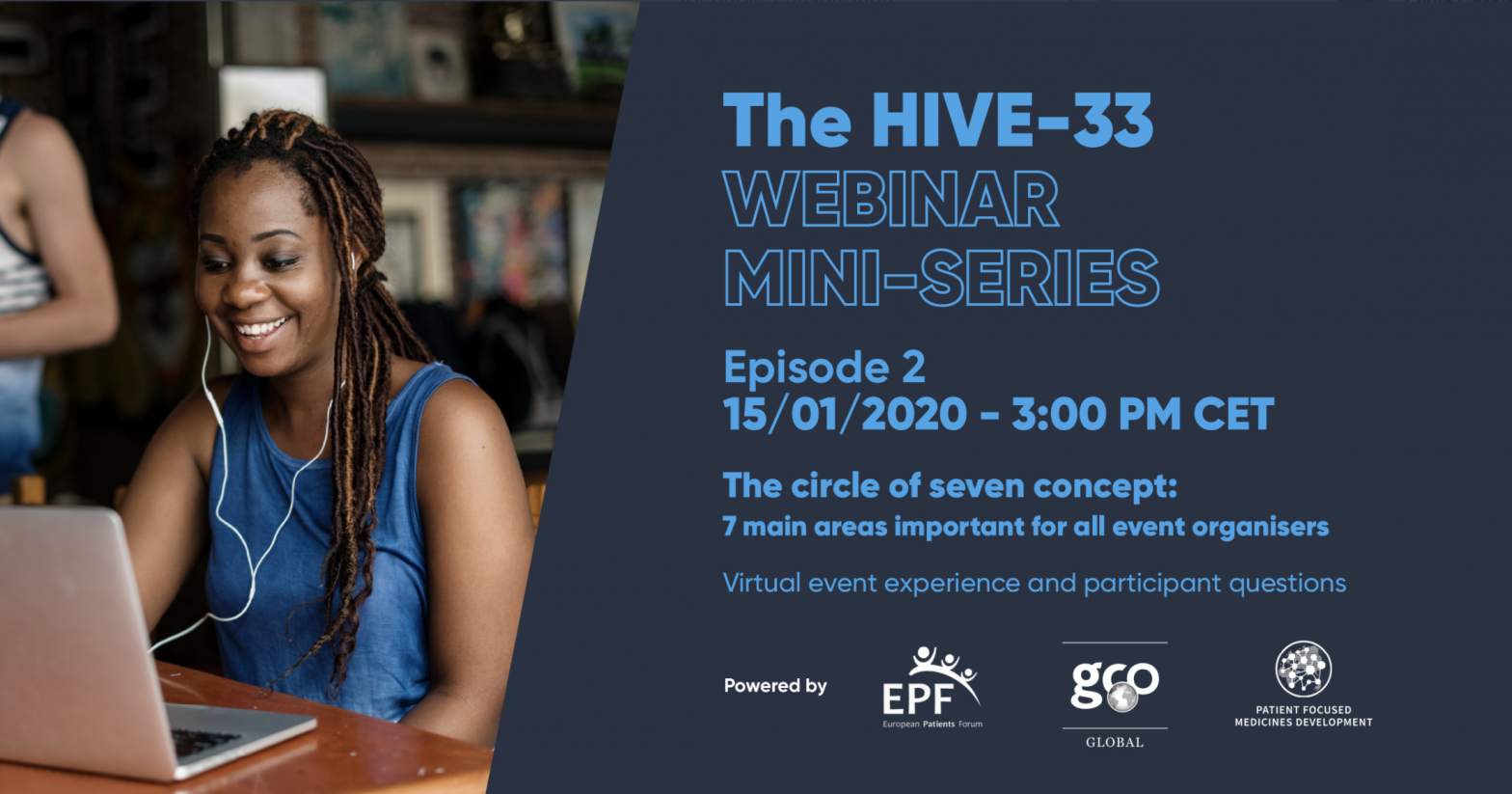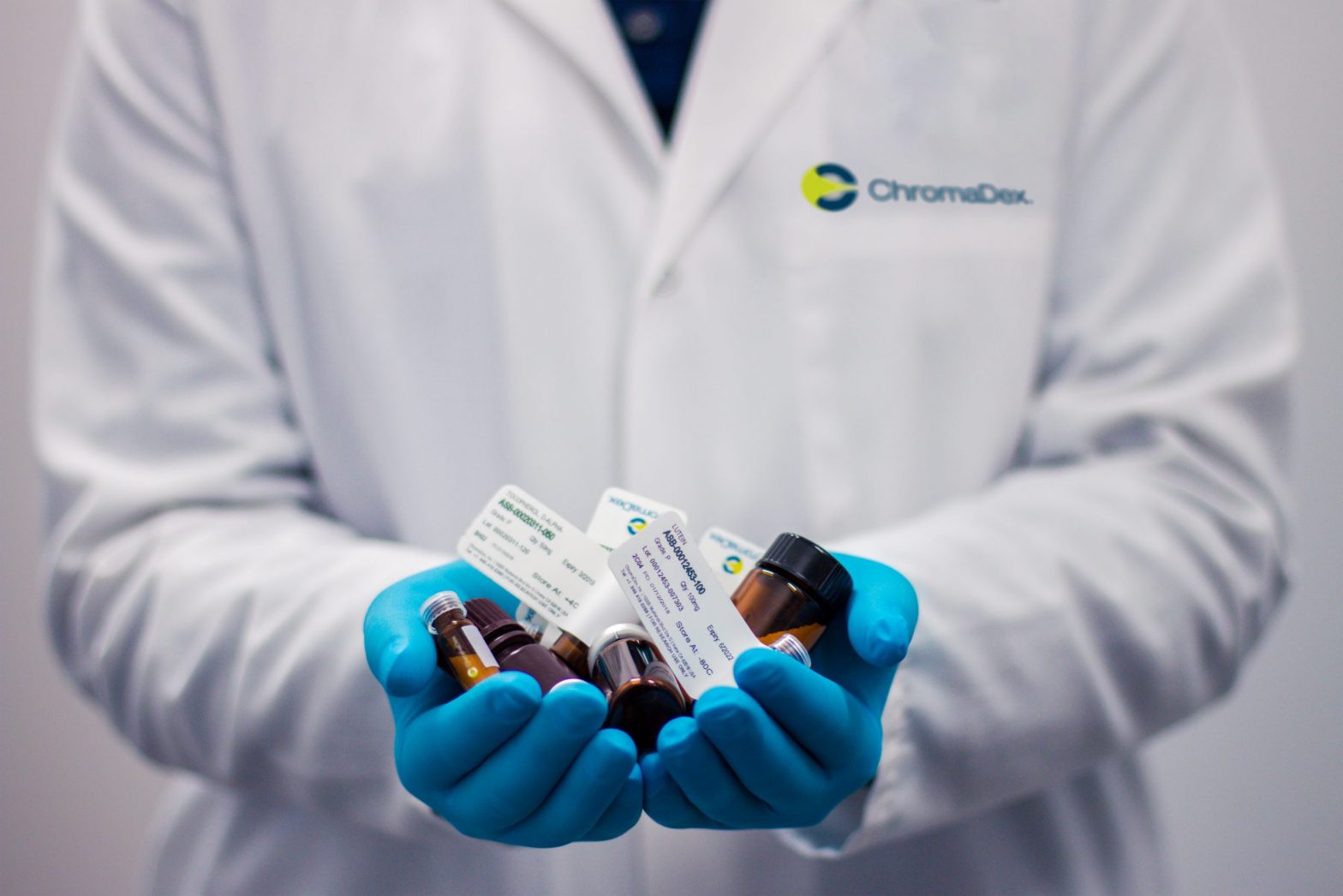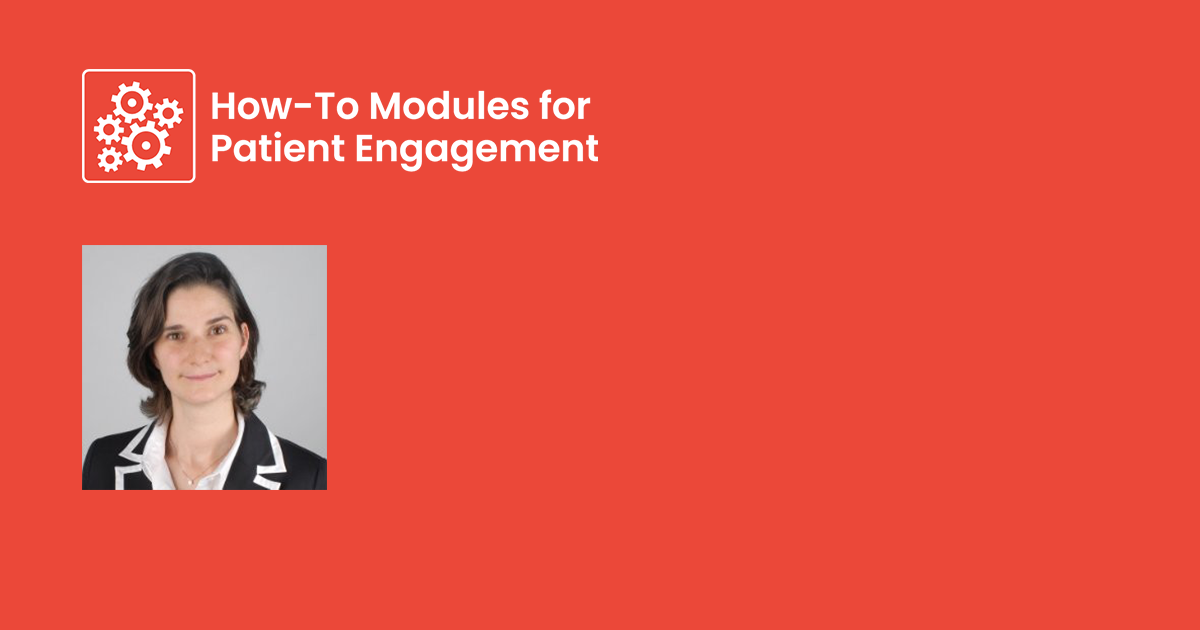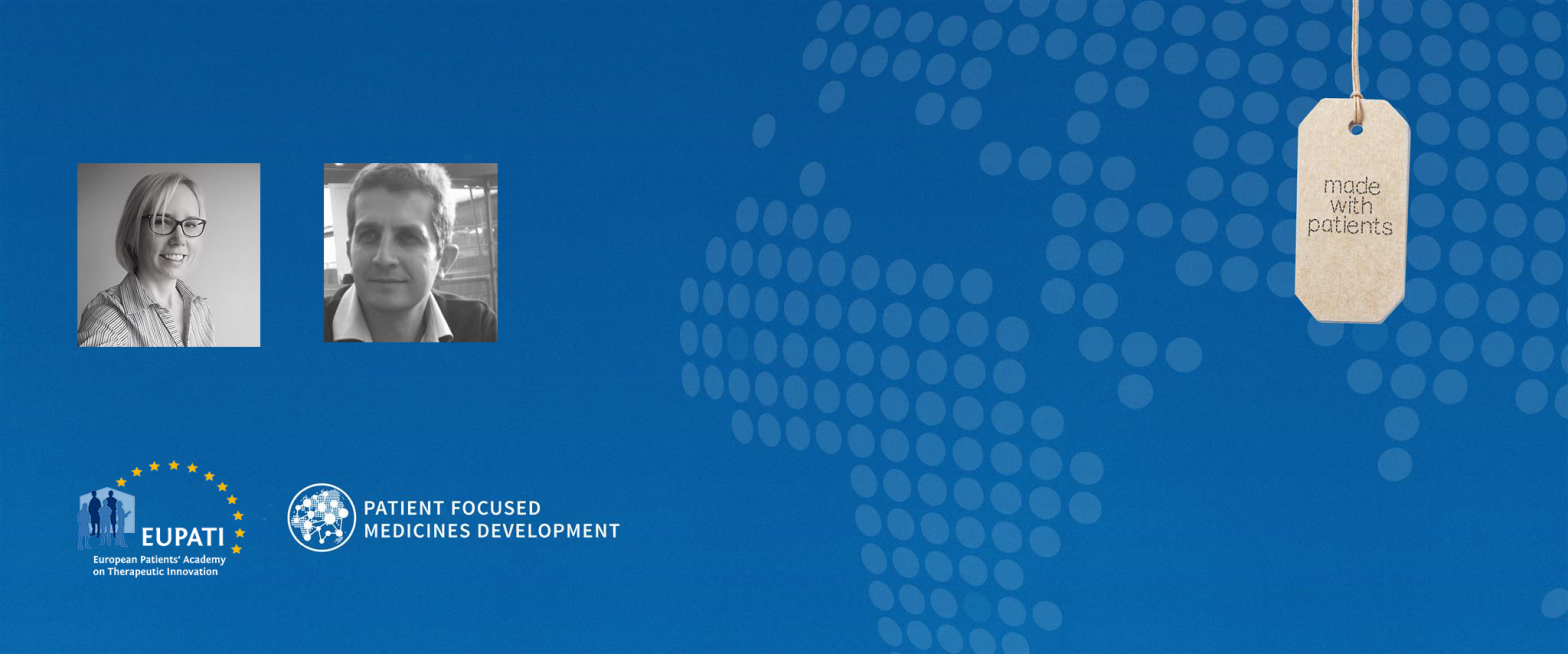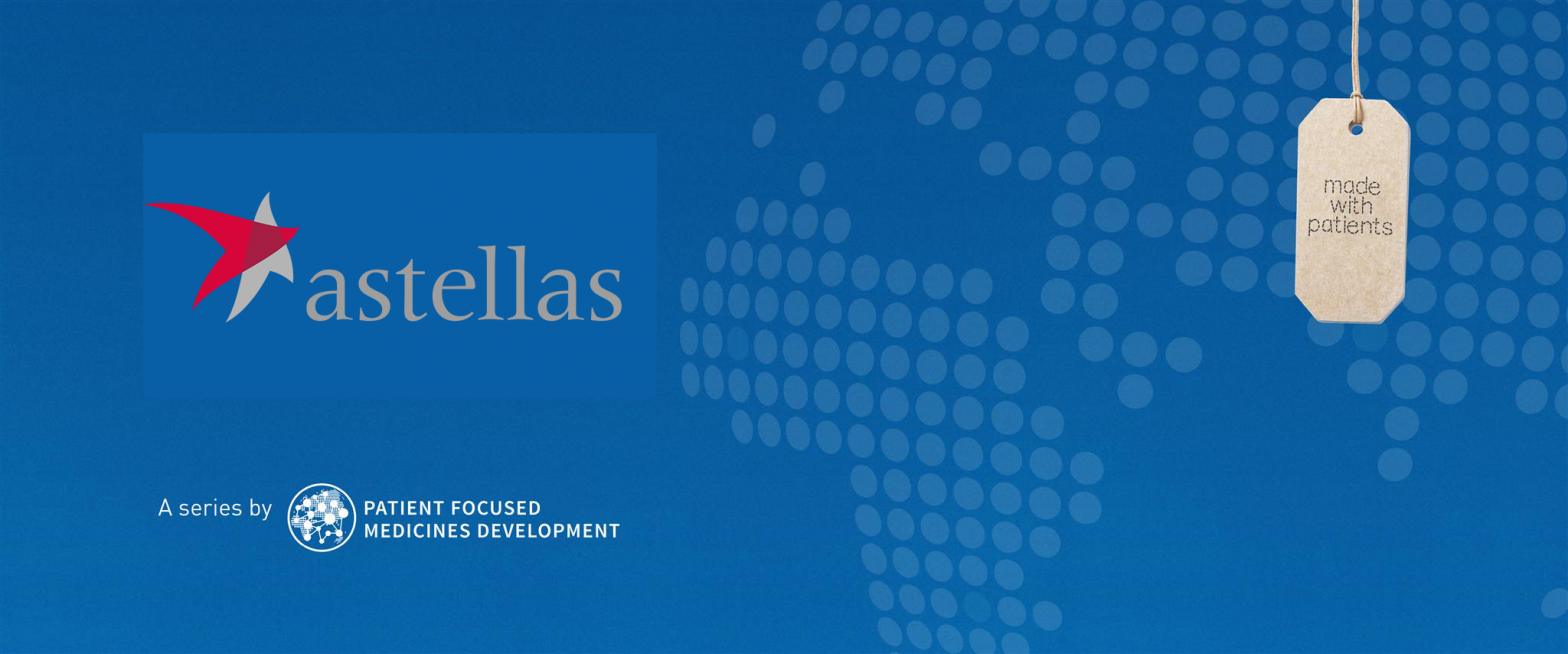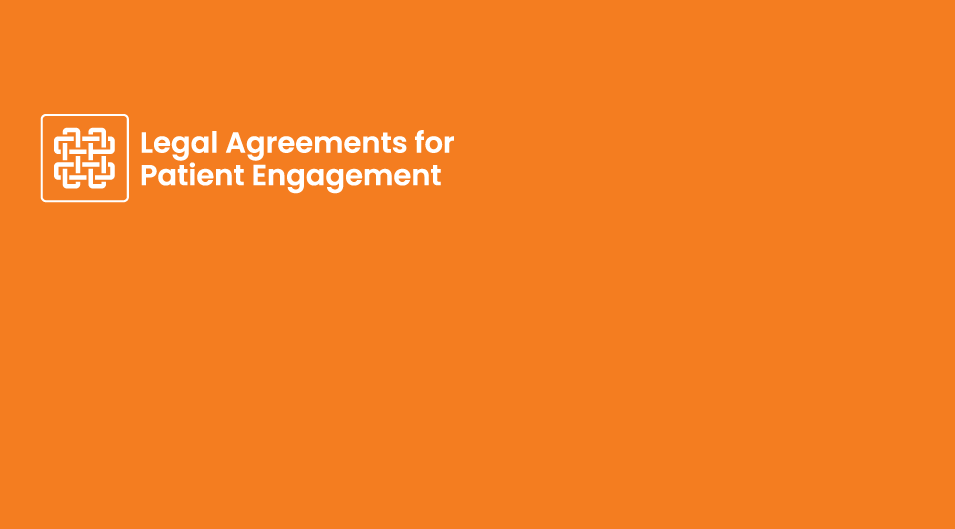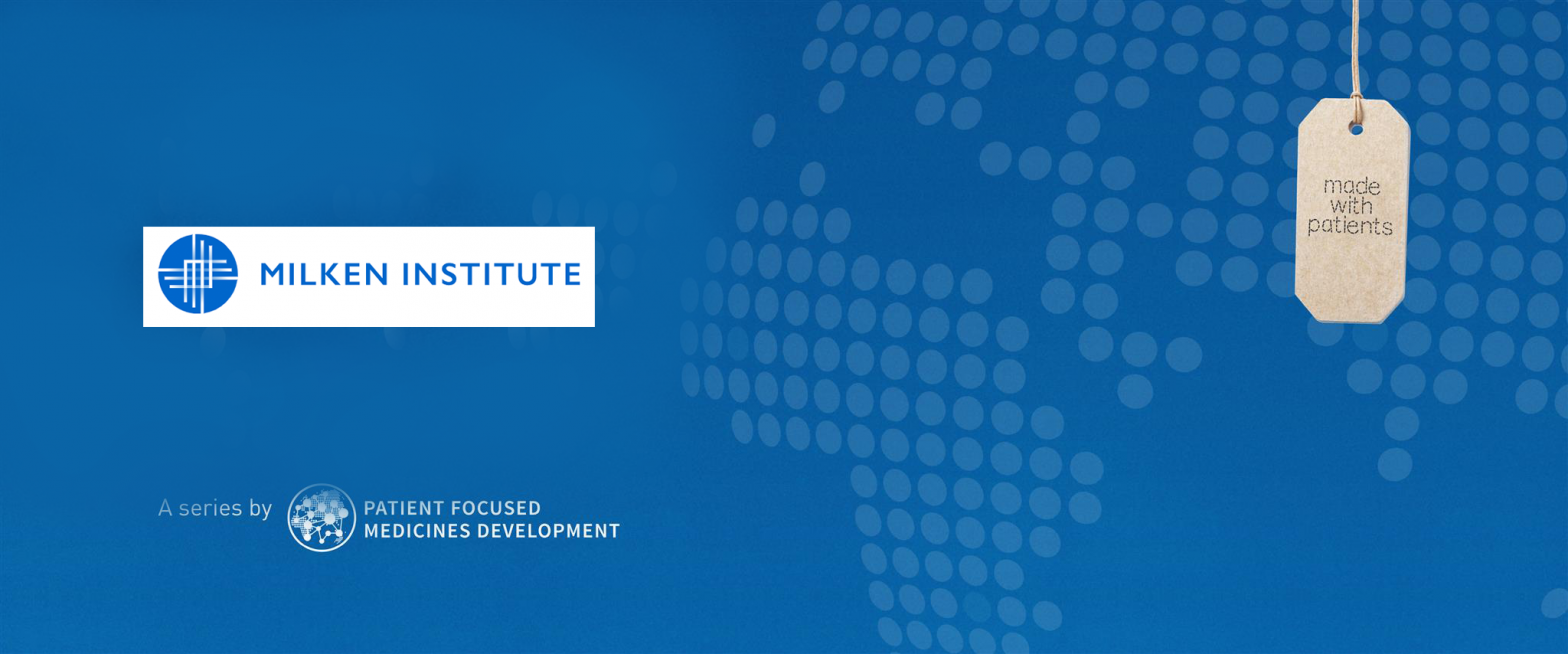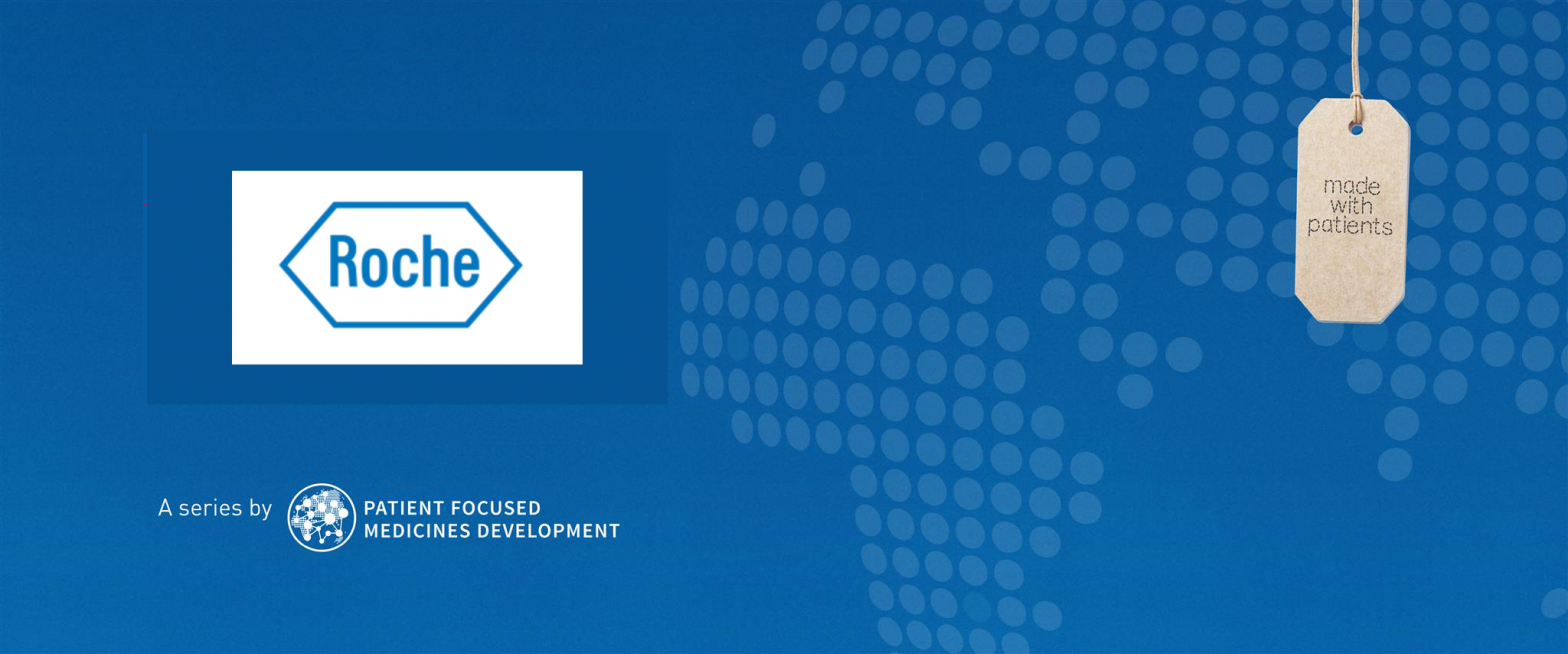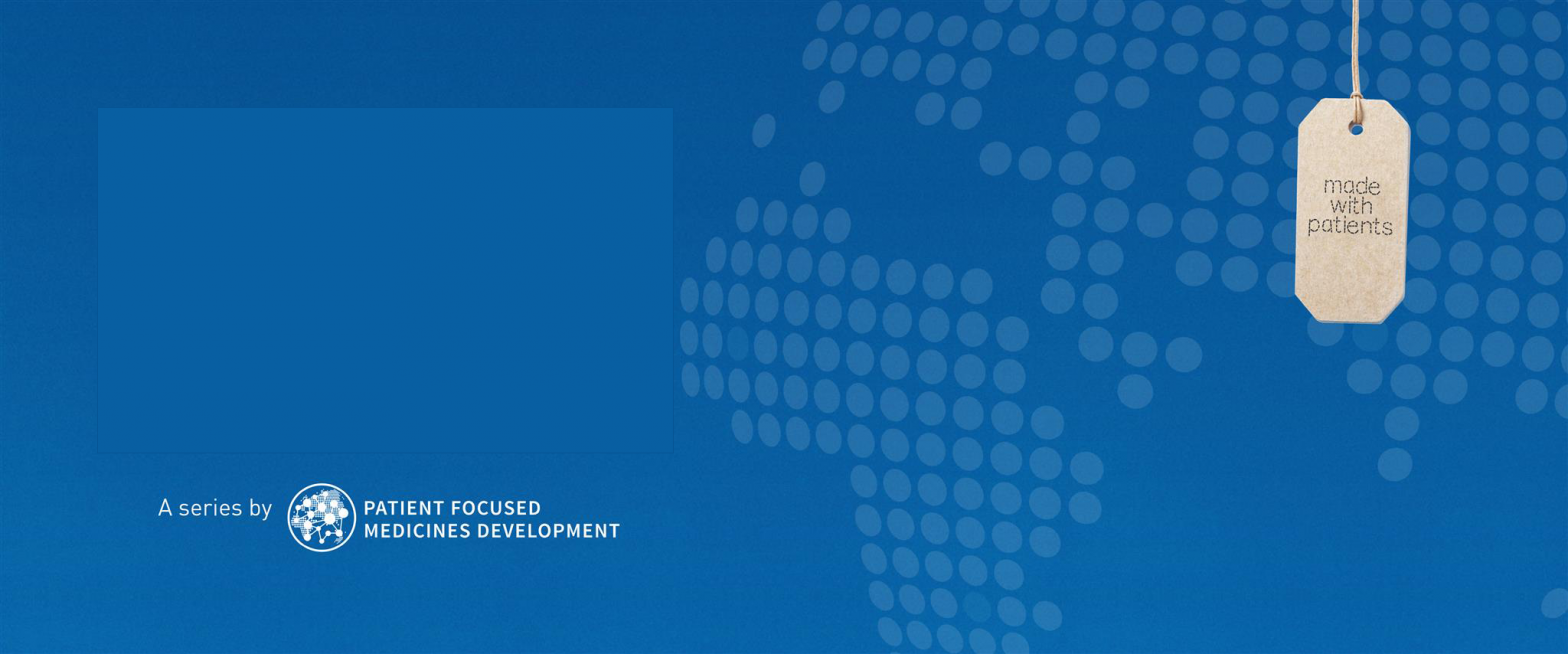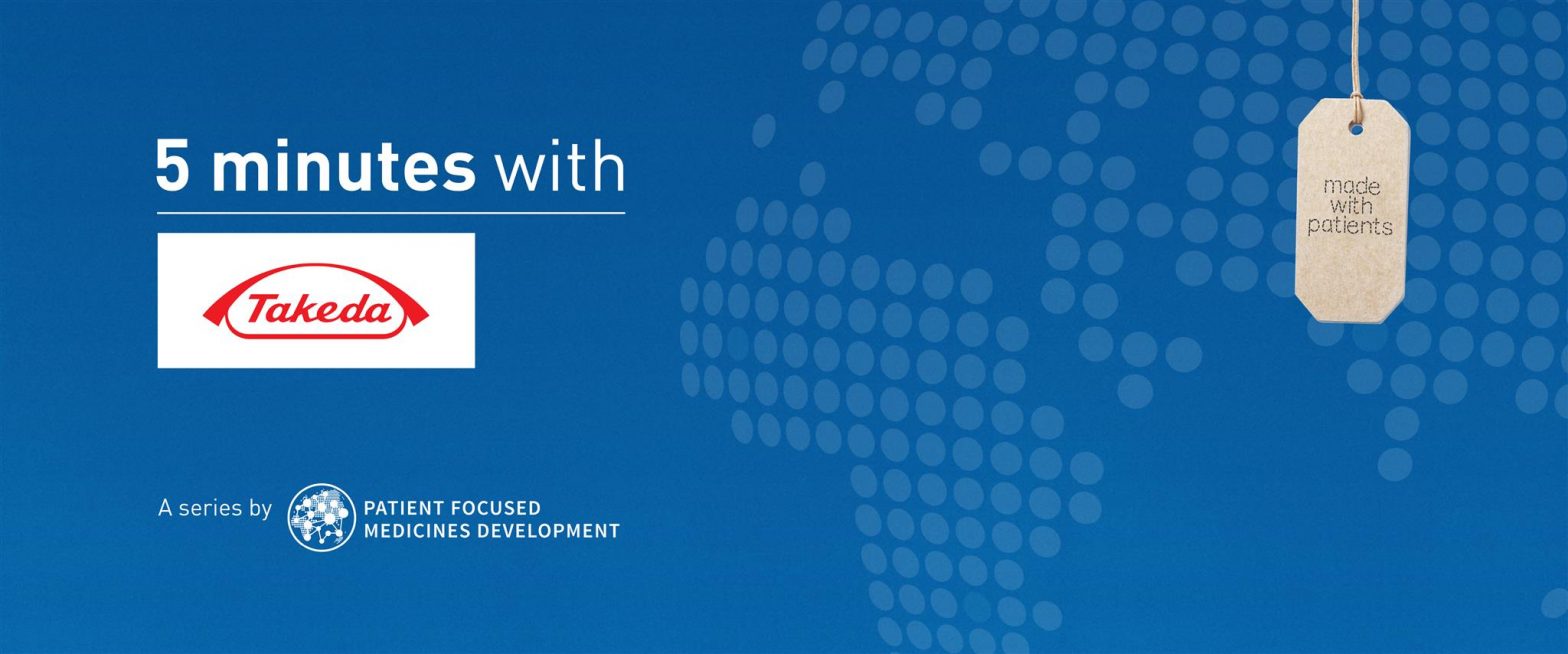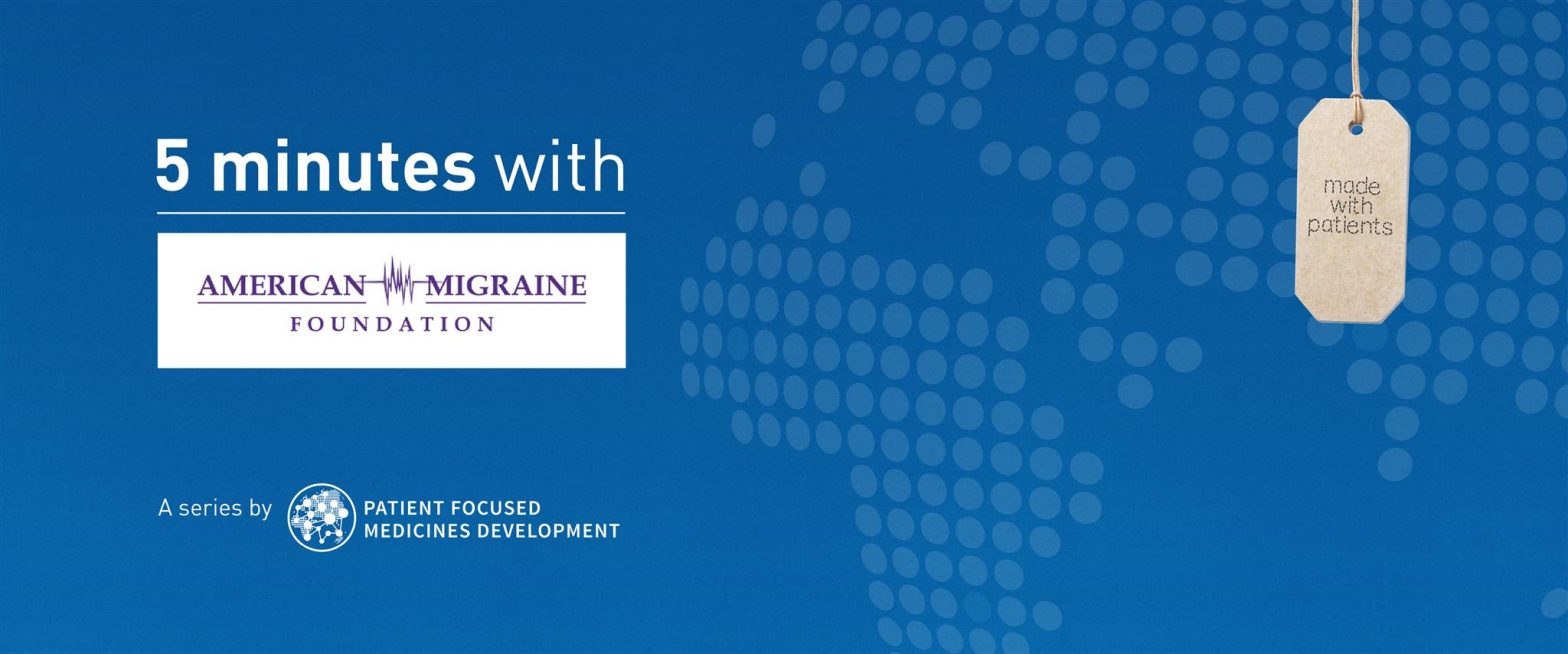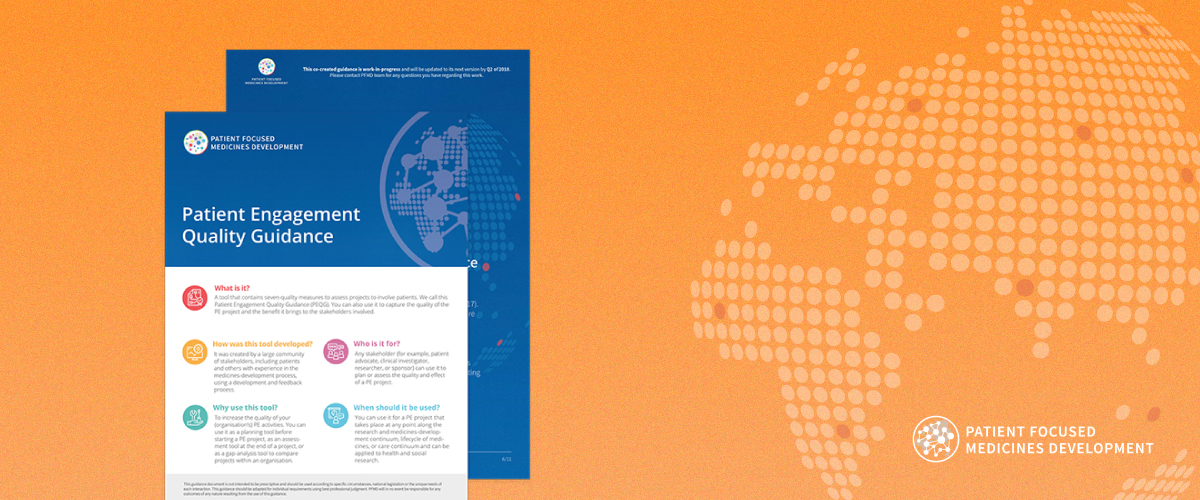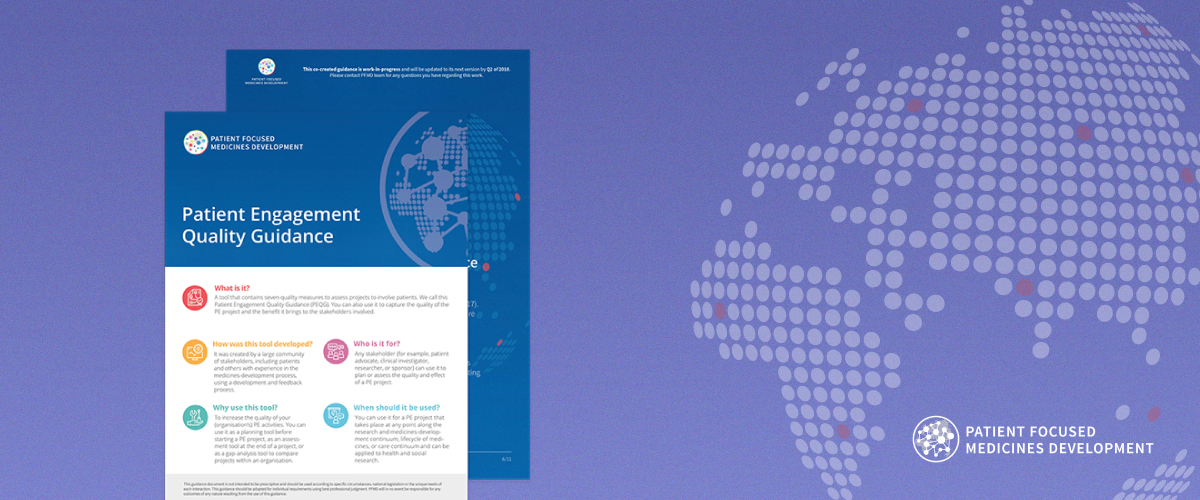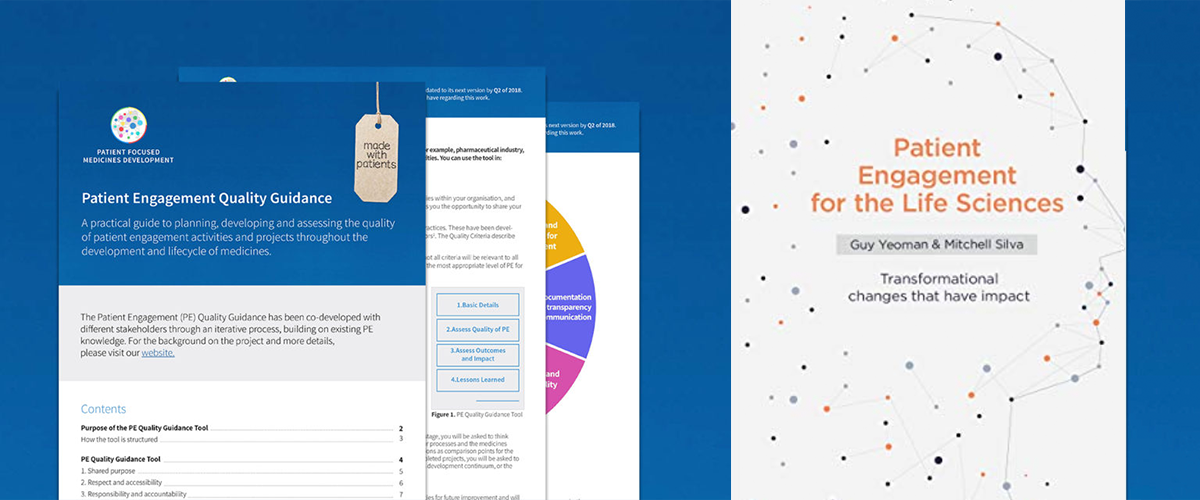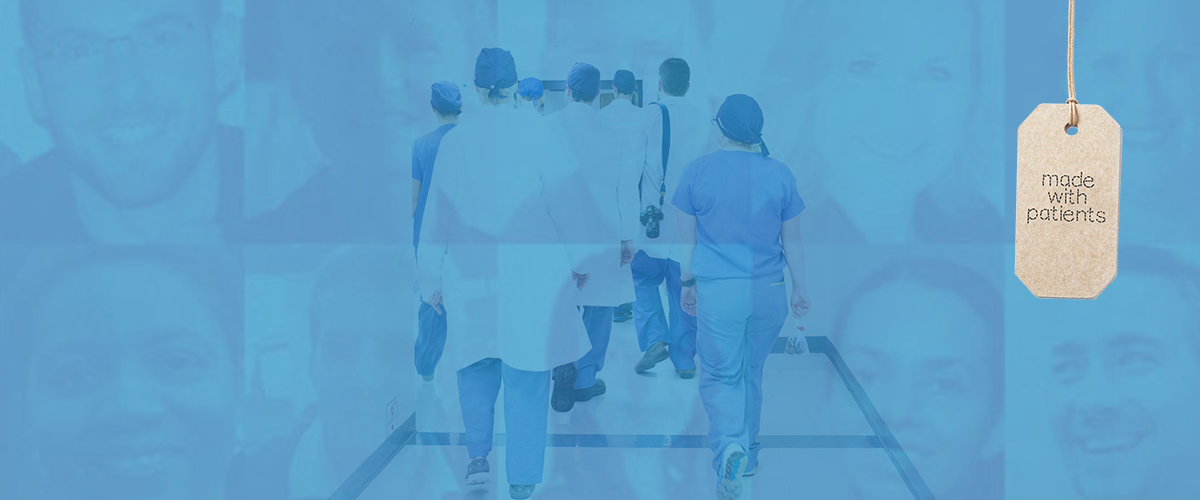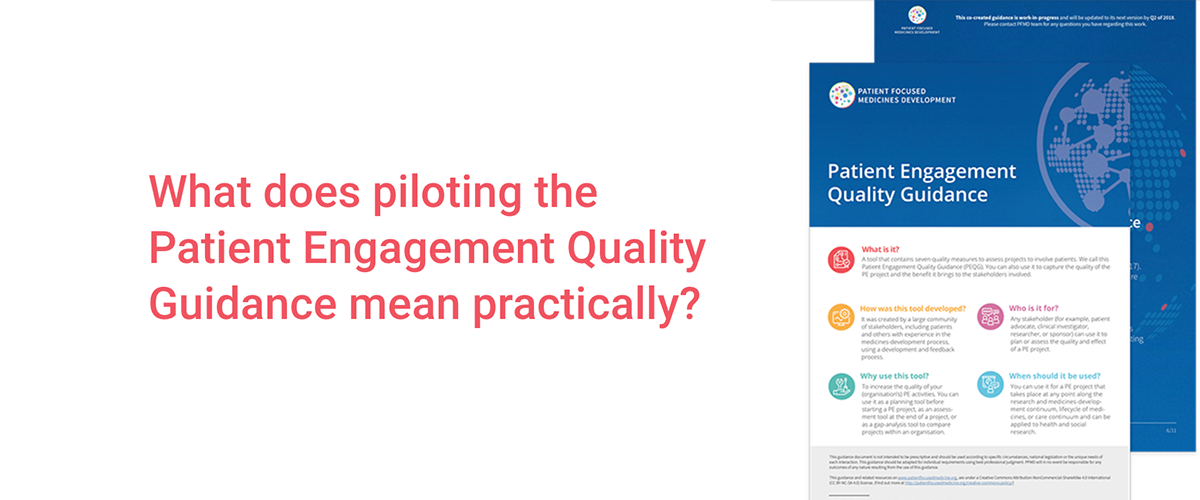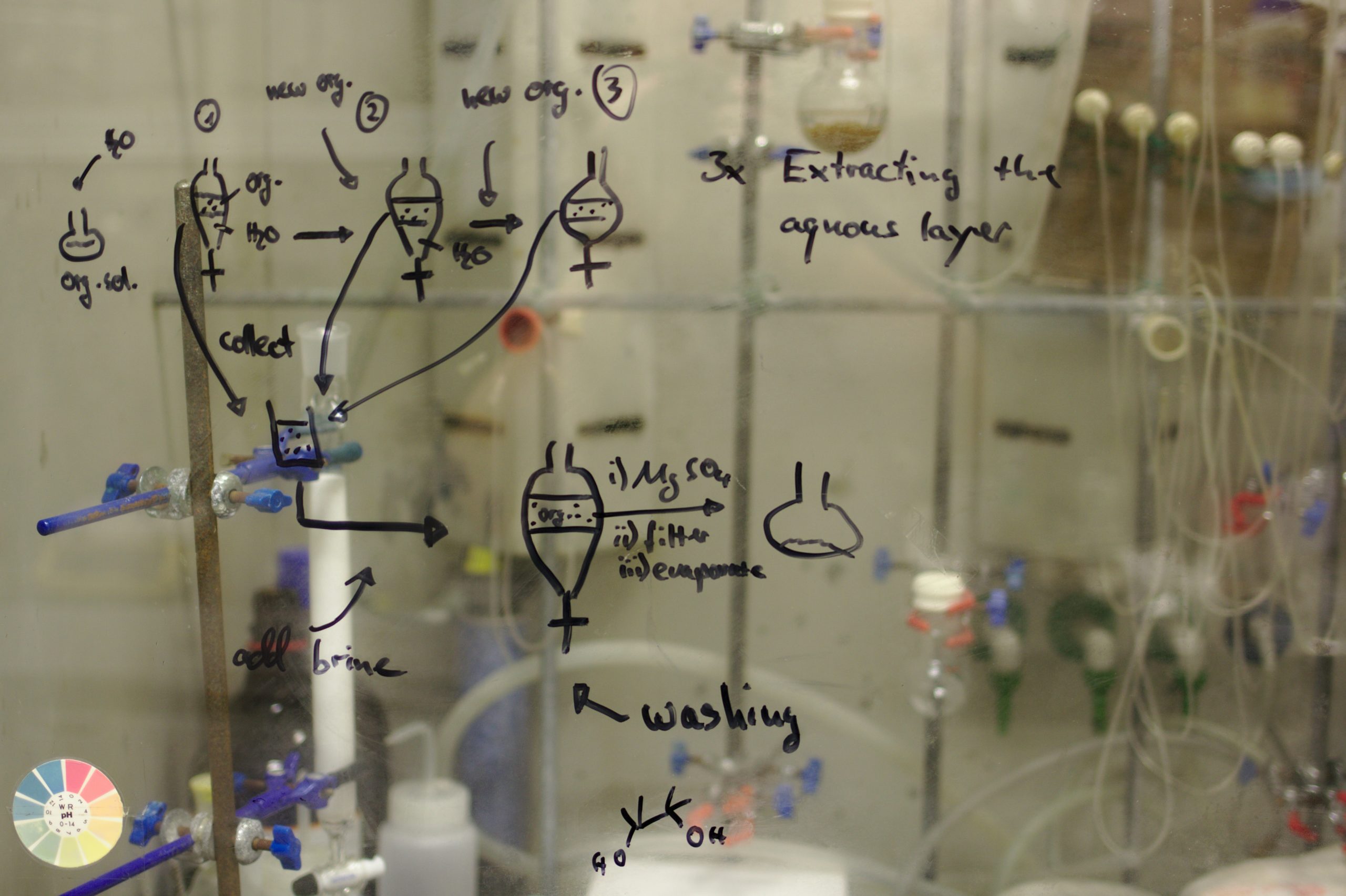Lode Dewulf, a leading Patient Affairs coach, says Chief Patient Officers should insist that colleagues show they are serious by completing basic PE training
People often ask Lode Dewulf what they can do to improve patient engagement in their organisation. Dewulf, now a Patient Affairs Coach and formerly Chief Patient Officer at Servier, has a ready answer: ‘Do the Patient Engagement Training. It’s a tangible thing that you can do today.’
More than that, he adds, it saves valuable time and makes discussions more productive by ensuring that everyone knows the basics. ‘Chief Patient Officers are inundated with requests for meetings, advice and support. One of the best tips I was given by a peer and now want to pass on, is that Chief Patient Officers and their team members stop meeting colleagues who haven’t done the training.’
Servier has been a sponsor and early adopter of the PE training, which has now been rolled out in several major pharmaceutical companies and dozens of others since it was launched in late 2019. The PE training currently includes three modules: a 45-minute Level 1 online session covering the basics; a 15-minute summary version of Level 1 and a two-hour Level 2 course on Patient Engagement in Practice. In essence, Level 1 is about the What and Why, while Level 2 tackles the How.
Dewulf himself has refused appointments if the invitation comes from a colleague – even a senior one – who claims to be too busy to complete the full Level 1 training. ‘You cannot possibly be seen as a serious senior leader in today’s pharmaceutical world if you don’t want to spend 45 minutes on understanding this topic,’ he says.
First movers
Servier launched the training in October 2019, offering Level 1 modules to anyone in a management role. This covered 10% of the company and was followed by a second wave in February 2020 where an additional 10% of staff – primarily in Medical Affairs and Marketing – was invited to complete the course.
In line with Servier’s commitment, supported from the very top of the company, to train all company employees, the decision was made to create a short and smartphone-compatible version of the Level 1 basics. ‘The short version should really be reserved for people at operational levels who do not have a desktop or laptop, such as many colleagues working in our production facilities, and field-based staff in some countries.’ explains Lode Dewulf.
So Servier developed this so-called “Short L1” – a simplified, shortened version of the first level – in English, and then French. With these two languages, Servier rolled out the training to 37 countries. Meanwhile, a Spanish version has been developed by Servier, a Portuguese by Merck/MSD and an Italian one by GSK. The short version, including the translated versions, has also been made available through the PFMD partnership, to the wider public.
To continue the roll-out, Servier is now set to invest in German, Russian and Chinese, significantly enhancing the potential reach of the course. ‘We are proud to be a bit out in front in terms of company-wide penetration, which for us now stands at 30% for Level 1,’ Dewulf explains. ‘Adding Latin America soon, thanks to Spanish and Portuguese, and later the new language versions will take us further next year.’
The internal rollout in the Servier HQ has been supported by a network of around 20 cultural ambassadors. They were asked to complete the training and then to determine which teams in their operation should be prioritised. ‘They really helped to drive cultural change by their personal example and leadership,’ Dewulf says. ‘We also encouraged some healthy competition among members of the Executive Committee to see who could complete it first – for them, it should be seen as an opportunity rather than another task on their ‘to do’ list.’
Positive feedback
The training has been well received by people working across the company, even those whose role in patient engagement is indirect. ‘It’s important to understand why PE is important for everybody,’ Dewulf stresses. ‘This is directly relevant to both the Mission and the Vocation of Servier. We want all our colleagues to understand that they have a role to play to include the Patient Voice in all we do. To make the production line deliver value, we’ll need to talk about it with patients; the legal department needs to work on reasonable agreements with patient advocates; basic researchers need to have patients in mind even if they don’t interact one-on-one.’
The Level 1 training is now a mandatory element of on-boarding training for all new employees. Those who are new to the industry have been particularly keen to understand how PE fits into the company culture and to find practical ways they can apply it in their daily work.
‘People love Level 1,’ Dewulf says. ‘The training helps them to connect their personal values with their work, and that is an important motivator and performance driver. Patient Engagement is quickly becoming a necessary skill in our industry, so having the certificates (Level 1 and 2) is also an investment in your career. And, of course, it helps you to get time with the Chief Patient Officer, too!’





